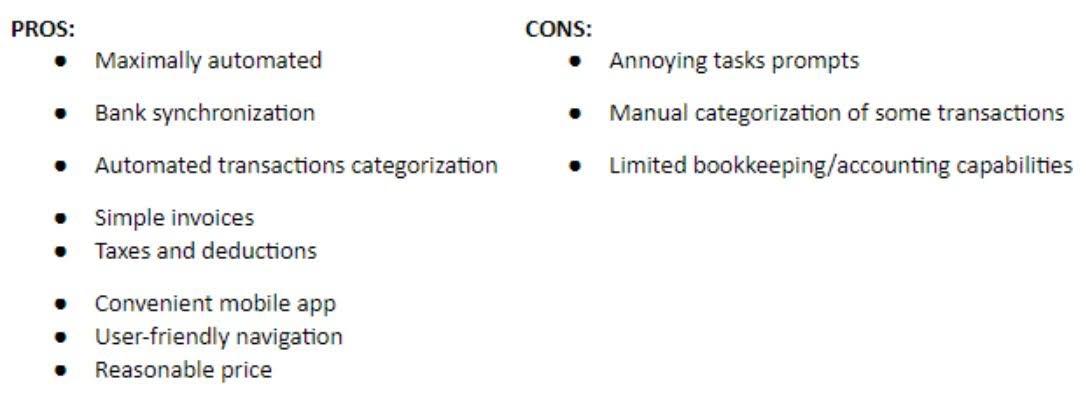
Here is a quick reference for the key differences between the balance sheet and income statement, summarizing what we’ve discussed above. This segment of the balance sheet includes return of equity (ROE), calculated by dividing net income by shareholder’s equity. ROE measures management’s effectiveness in employing and driving returns based on equity.
- These include current ratio, debt-to-equity ratio and return on equity (ROE).
- With the two sides (and here’s the catch) needing to match or, you’ve probably guessed it, balance.
- Most income statements start with revenue on the top and then conclude with net income.
- An income statement will detail sales, costs, gross profit, general costs, earnings before tax, net operating income, income and expenses, and net income.
- Investors use income statements to assess if a company is profitable and growing.
- As a result, a company calculates shareholder equity by taking total assets minus liabilities.
- For example, when a company keeps funds in a savings account and earns interest on it, or when it leases out some of its office space to other businesses.
Investors use a company’s balance sheet to determine how effective company management is in using its assets and debt to generate revenue. However, many small business owners say the income statement is the most important as it shows the company’s ability to be profitable – or how the business is performing overall. You use your balance sheet to find out your company’s net worth, which can help you make key strategic decisions. The cash flow statement then takes net income and adjusts it for any non-cash expenses.
Balance Sheets vs. Income Statements
During his time working in investment banking, tech startups, and industry-leading companies he gained extensive knowledge in using different software tools to optimize business processes. This formula is the simplest form of the income statement that any business can generate. There are two main categories of expenses for businesses, they are operating and non-operating expenses.

Net Sales here refer to the total amount of money your business receives from the sale of goods, while the cost of goods sold refers to the total expenses incurred to produce those goods. Gross profit is what is left when you subtract the cost of goods sold from the sales revenue. Mathematically, it is portrayed as net sales minus the cost of goods sold. The balance sheet reveals how well the company’s management team is putting the business resources to good use. It’s a lot to take in, especially if financial statements are not your thing.
Financial Statements
Any revenue that a company or business generates outside its core or primary activities of purchasing and selling goods and services falls under non-operating revenue. For example, when a company keeps funds in a savings account and earns interest on it, or when it leases out some of its office space to other businesses. Non-operating revenue refers to revenues a company generates from its secondary what goes on balance sheet vs income statement activities. It refers to the revenue gotten by performing non-core business activities such as system maintenance, installation, and others. Your company’s total assets must always be equal to the sum of total liabilities and total equity or else your balance sheet is not balanced. For sole proprietorships, it is called owner’s equity and for corporations, it is called shareholders’ equity.
Why Financial Statements Don’t Work for Digital Companies – HBR.org Daily
Why Financial Statements Don’t Work for Digital Companies.
Posted: Mon, 26 Feb 2018 08:00:00 GMT [source]